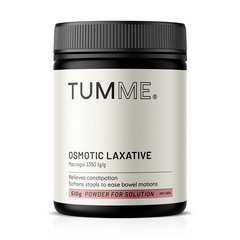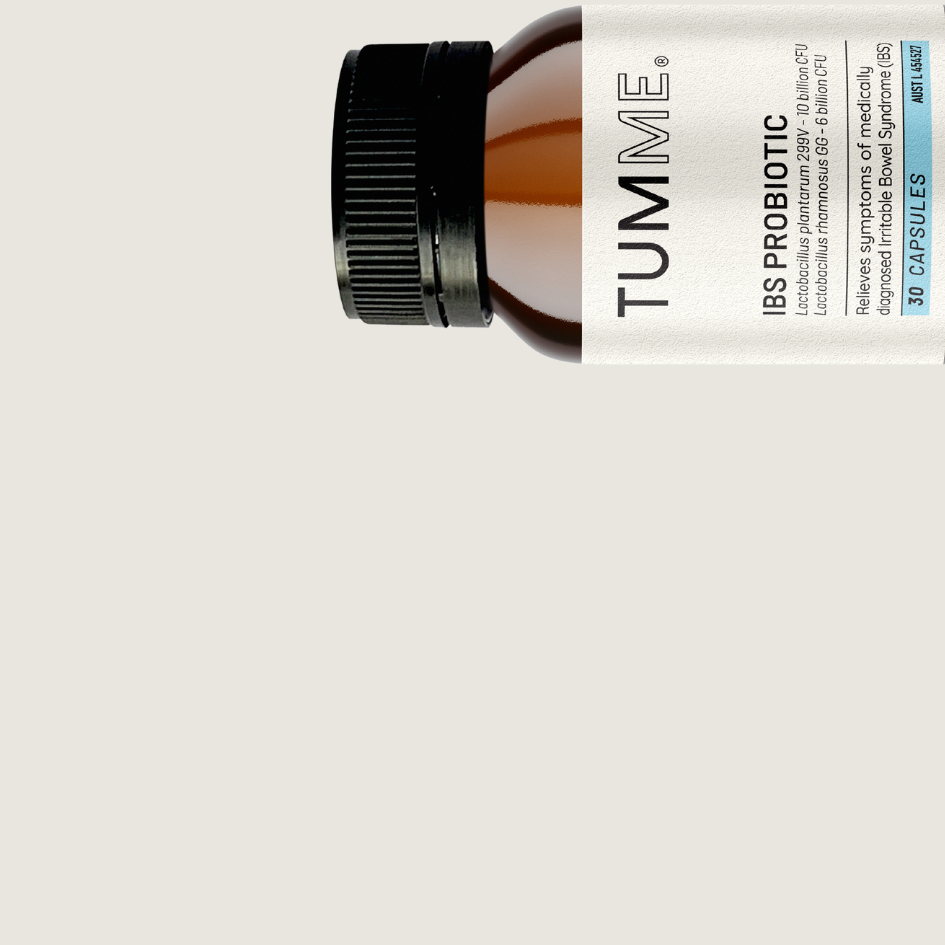Living with Irritable Bowel Syndrome (IBS) can be challenging, especially when dealing with symptoms like bloating. While dietary changes and stress management are crucial aspects of managing IBS, incorporating gentle exercises into your routine can also provide relief. In this blog, we'll explore a holistic approach to easing bloating in IBS through gentle exercises tailored to accommodate the needs of individuals with this condition.
- Mindful Walking: Mindful walking involves paying attention to each step and the sensations in your body as you walk. This practice not only encourages relaxation but also promotes digestion by stimulating abdominal muscles. Take a leisurely walk in a serene environment, focusing on your breath and the movement of your body. Mindful walking can help alleviate stress, which is often linked to IBS symptoms.
- Gentle Yoga: Yoga offers a variety of poses and breathing techniques that can help manage IBS symptoms, including bloating. Opt for gentle yoga practices that focus on relaxation and gentle stretching rather than intense poses. Poses like "Cat-Cow," "Seated Forward Bend," and "Supine Twist" can help massage the digestive organs, promote bowel movements, and alleviate bloating.
- Diaphragmatic Breathing: Diaphragmatic breathing, also known as belly breathing, is a simple yet powerful technique for calming the nervous system and promoting relaxation. Lie down comfortably on your back, place one hand on your abdomen, and inhale deeply through your nose, allowing your belly to rise. Exhale slowly through your mouth, feeling your abdomen fall. Practice diaphragmatic breathing for a few minutes each day to reduce stress and ease bloating.
- Pelvic Floor Relaxation: Individuals with IBS often experience pelvic floor dysfunction, which can contribute to bloating and discomfort. Pelvic floor relaxation exercises can help release tension in the pelvic muscles, improving bowel function and reducing bloating. Practice pelvic floor drops by inhaling deeply and then relaxing the muscles of the pelvic floor as you exhale. Repeat several times to promote relaxation and relieve bloating.
- Gentle Stretching: Incorporate gentle stretching exercises into your daily routine to improve circulation and promote relaxation in the abdominal area. Simple stretches like reaching overhead, side bends, and gentle twists can help alleviate tension in the abdomen and relieve bloating. Take it slow and listen to your body, avoiding any movements that exacerbate discomfort.
- Walking Meditation: Walking meditation combines the benefits of walking with mindfulness practices, offering a holistic approach to managing IBS symptoms. Focus on the sensations of walking—the feeling of your feet touching the ground, the rhythm of your breath, and the movement of your body. Walking meditation can help reduce stress, promote digestion, and alleviate bloating in individuals with IBS.
Incorporating gentle exercises into your routine can complement other strategies for managing bloating in IBS. However, it's essential to listen to your body and avoid any exercises that make symptoms worse. Consult with a healthcare professional or a qualified personal trainer to develop a personalised exercise plan that meets your individual needs and preferences. With patience and consistency, you can find relief from bloating and improve your overall quality of life with IBS.






